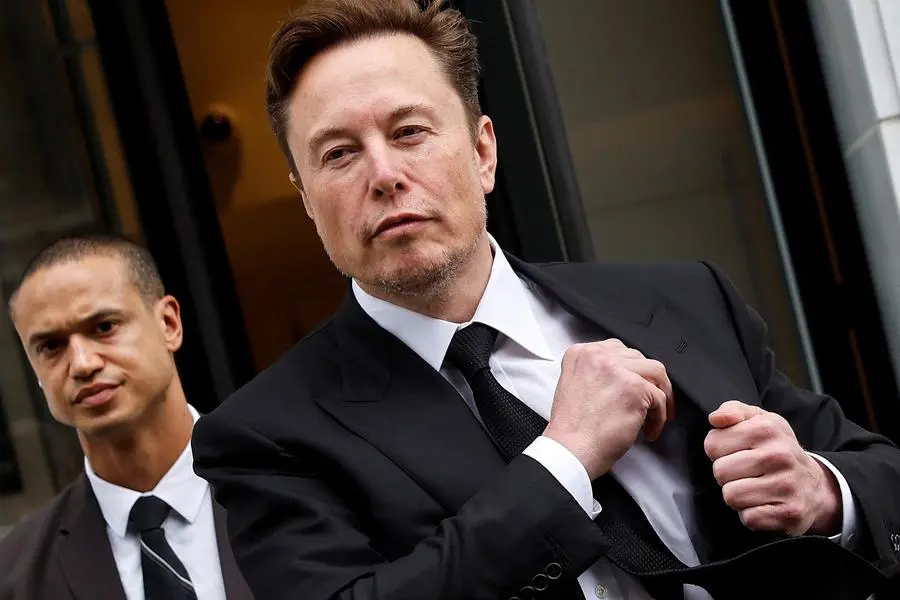PHOTO
California Public Employees' Retirement System's (CalPERS) CEO, Marcie Frost, said the agency plans to oppose Tesla Chief Executive Elon Musk's $56 billion pay package, CNBC reported on Wednesday.
"We do not believe that the compensation is commensurate with the performance of the company," Frost said in an interview with CNBC.
CalPERS is among the top 30 investors in Tesla and owns 9.5 million shares, according to LSEG data. The U.S. pension fund did not immediately respond to a Reuters request for comment.
In a post on social media platform X, Musk responded by saying that the U.S. pension fund "broke the deal." "What she's saying makes no sense, as all the contractual milestones were met. CalPERS is breaking their word," he wrote in the post.
Proxy advisory firm Glass Lewis had on Saturday urged Tesla shareholders to reject the pay package.
Tesla responded to Glass Lewis in a separate filing on Wednesday and said that Musk is creating wealth for Tesla stockholders and has an extraordinary amount of "skin in the game."
Musk's pay package, the largest in corporate America, has no salary or cash bonus and sets rewards based on Tesla's market value rising to as much as $650 billion over the next 10 years from 2018.
A Delaware judge rejected the package in January after terming the compensation "an unfathomable sum" that was unfair to shareholders.
Last month, Tesla asked shareholders to reaffirm their approval for Musk's pay package that was set in 2018.
Separately, Egan-Jones Proxy Services recommended investors vote to ratify Musk's pay package. In an email sent by a company manager on Wednesday, Egan-Jones wrote that "the continuation of this compensation plan is critical for maintaining Musk’s leadership and motivation, which are essential for Tesla’s sustained growth and innovation."
Egan-Jones also said it is recommending that investors back Tesla's proposal to transfer its state of incorporation to Texas from Delaware. The move "aligns legal and operational bases, potentially enhancing operational efficiency and corporate culture," according to the email.
(Reporting by Harshita Mary Varghese and Niket Nishant in Bengaluru Additional reporting by Ross Kerber in Boston Editing by Matthew Lewis)





















